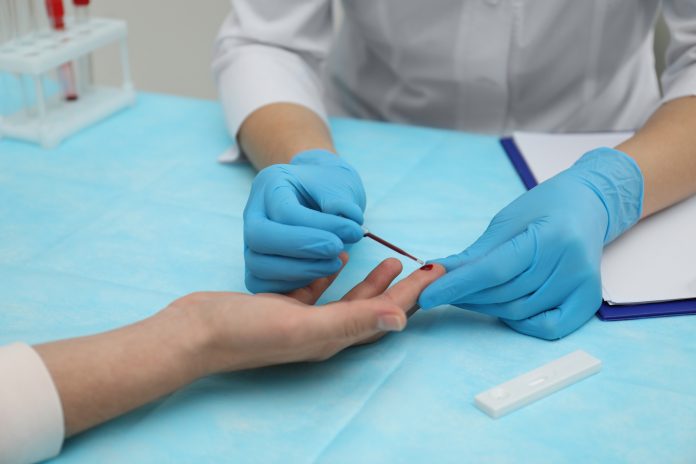A new study finds that convalescent plasma treatment, popular at the onset of COVID, is not effective for critically ill, older COVID patients
At the beginning of the COVID pandemic, there were no vaccines. Cures, in the shape of prevention tactics and repurposed drugs, were abundant. Among them, convalescent plasma treatment held significant hope for fighting the virus.
“Biologically plausible reasons” for convalescent plasma in beginning
“There were biologically plausible reasons to turn to convalescent plasma early in the pandemic when hundreds of thousands of people were getting sick and treatments had yet to be discovered,” said co-lead author Dr Bryan McVerry, associate professor of pulmonary, allergy and critical care medicine at Pitt and a UPMC intensivist.
“Unfortunately, it was either being administered outside of clinical trials or in trials that weren’t focused on critically ill patients, slowing our ability to see if it actually worked. Finally, with these results, we can put an end to using convalescent plasma for our sickest COVID-19 patients and focus on treatments that we know work, as well as developing and testing better ones.”
Greater than 99% certainty that convalescent plasma doesn’t work
In the convalescent plasma trial, 2,011 adults hospitalised with severe COVID-19 were enrolled.
They were set to either receive two units of convalescent plasma or no plasma. They were then followed to see if the likelihood of surviving at least three weeks without needing organ support, such as a ventilator, differed based on whether they were treated or not.
The trial concluded when enough data was collected to say with greater than 99% certainty that convalescent plasma did not help critically ill COVID-19 patients.
Patients with “impaired immune system” could still benefit
“It could be that patients with an impaired immune system, who are unable to mount an effective immune response, could still benefit from the antibodies present in blood plasma from COVID-recovered patients, especially early on in the illness,” said corresponding author Dr Lise Estcourt, a associate professor of haematology and transfusion medicine at the Oxford University’s Radcliffe Department of Medicine and director of the U.K.’s National Health Service Blood and Transplant Clinical Trials Unit.
“This is something that definitely warrants investigation.”











